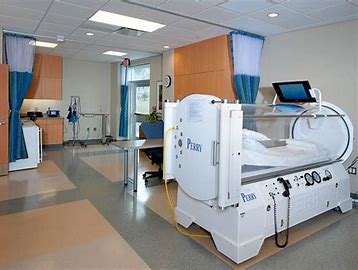The Bauchi State Health Contributory Management Agency (BASCHMA) has raised concerns over the untimely release of quarterly allocated funds under the Basic Healthcare Provision Fund (BHCPF) programme.
The agency warned that the delays are disrupting access to medical care, particularly for vulnerable groups who rely heavily on the programme.
The Executive Chairman of the agency, Ibrahim Duguri made this known in an interview in Bauchi on Tuesday.
“The state currently has 82,000 people enrolled under the BHCPF programme across the 20 Local Government Areas,” Duguri said.
He explained that beneficiaries of the programme included persons with disabilities, pregnant women, children under five, and elderly individuals.
“When funds come late, access to healthcare is affected. These are vulnerable groups, and without timely disbursement, they are left without essential services,” he added.
Duguri appealed to relevant authorities to expedite the release of funds in order to achieve universal health coverage in the state.
He also expressed concern about the current capitation rate allocated to each beneficiary.
“Service providers have raised concerns over the low capitation amount per client.
“To address this, the agency has set up a committee of experts and staff to review the rate and propose a realistic template that reflects the current economic realities,” Duguri said.
Reviewing activities for the first quarter of 2025, he noted that about N193 million was expended on capitation from January to March, covering 143,457 clients across participating health facilities.
He stated that the figure covered five key components of the health scheme: the Formal Sector, Informal Sector, Basic Healthcare Provision Fund (BHCPF), Tertiary Institutions Students Health Contributory Programme, and the Equity Programme..
“From January to March 2025, we enrolled an additional 10,139 beneficiaries under these programmes,” Duguri said.
He further broke down enrolment numbers as follows: Civil Service Component: 54,553 beneficiaries, Tertiary Institutions Students Health Programme: 1,202 beneficiaries, Equity Programme covering individuals living with HIV/AIDS and sickle cell patients: 1,201 beneficiaries.
Duguri emphasised the importance of consistent and timely funding to sustain and expand healthcare services for the state’s most vulnerable populations.
NAN



